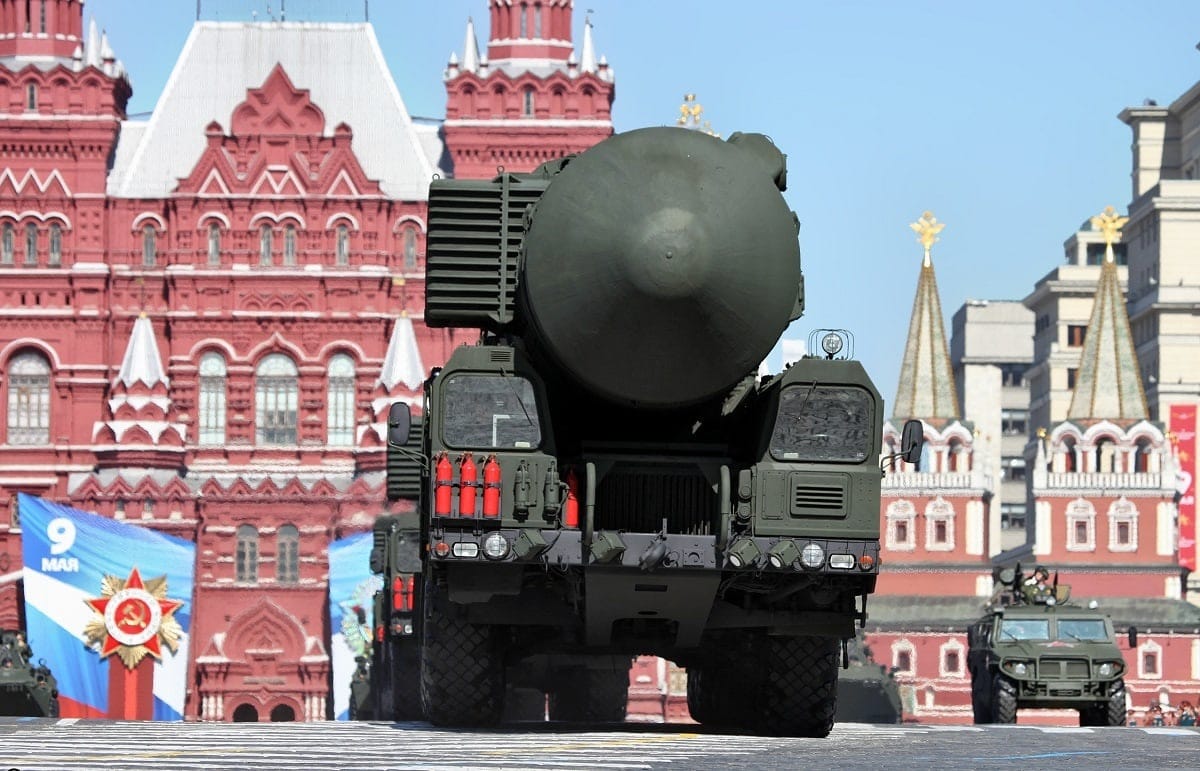President-elect Joe Biden declared his administration would “not reject our allies.” But he would be doing exactly that if, as is rumored, he will soon adopt a “No First Use” or “Sole Purpose” nuclear declaratory policy in his ongoing Nuclear Posture Review.
Biden has said he wants to “reduce the role of nuclear weapons” in U.S. strategy, and a No First Use or Sole Purpose policy would seem to fit with that goal. Both mean the United States pledges to use nuclear weapons only in response to a nuclear attack – not in response to chemical, biological, cyber, or conventional strikes, no matter how damaging.
But the United States’ strongest allies firmly oppose such a policy shift. The Financial Times reports that the U.K., France, Germany, Japan, and Australia are all actively lobbying Biden to reject a No First Use or Sole Purpose policy.
They prefer the current policy of calculated ambiguity, which, as explained by Estonia’s permanent representative to NATO Jüri Luik, “maintains the unpredictability of a response, including a nuclear response, which forces the adversary to think.”
It’s no wonder why our allies find a No First Use or Sole Purpose policy so concerning.
First, such a shift would create policy disunity within NATO. The U.K. and France—and other NATO nuclear-weapon states—do not have No First Use policies and are unlikely to adopt them. Indeed, U.K. Defense Minister Ben Wallace explicitly rejected that policy when asked about it in July: “It’s about a range of threats, and…we will reserve that right to deploy those weapons as we must.”
He also openly opposed U.S. adoption of Sole Purpose, stating, “We’re not in favor of that change of doctrine.”
There is no evidence the Biden administration has considered what it means for NATO if its nuclear-weapons states have divergent declaratory policies. Russia and China are already working to create rifts within NATO. Biden should not assist them in that effort.
Moreover, a No First Use policy would leave a gap in U.S. extended deterrence of strategic non-nuclear attacks. Our allies find this so unnerving because they face a much higher risk of such attacks. Compared to the United States, they are right next door to Chinese, Russian, and North Korean non-nuclear forces—including chemical and biological weapons.
Taking first use of nuclear weapons off the table only weakens deterrence of those major threats to our allies. And it would be unwise to assume that existing U.S. conventional capabilities would suffice for deterrence, especially as our adversaries improve their conventional forces and pursue active chemical and biological weapons programs. Meanwhile, Biden’s defense budget does not even keep pace with inflation.
Finally, a No First Use or Sole Purpose policy would undermine U.S. credibility at a time of unprecedented strategic risk. As Russia seemingly prepares to invade Ukraine, and as China expands its nuclear forces while boasting of its intent to take Taiwan, strong allied deterrence is more important than ever.
If our allies are truly “collectively panicking”—as one source put it—over a proposed change in U.S. declaratory policy, why then would the U.S. consider any risks to its extended deterrence commitments when the world is currently so volatile?
President Obama considered a No First Use policy in 2009 and then again in 2016 and rejected the change both times. His administration cited risks of provoking insecurity among allies, some of which could pursue their own nuclear programs, as well as growing nuclear threats to the U.S. and its allies. Five years later, the threats—both nuclear and non-nuclear—have only worsened.

